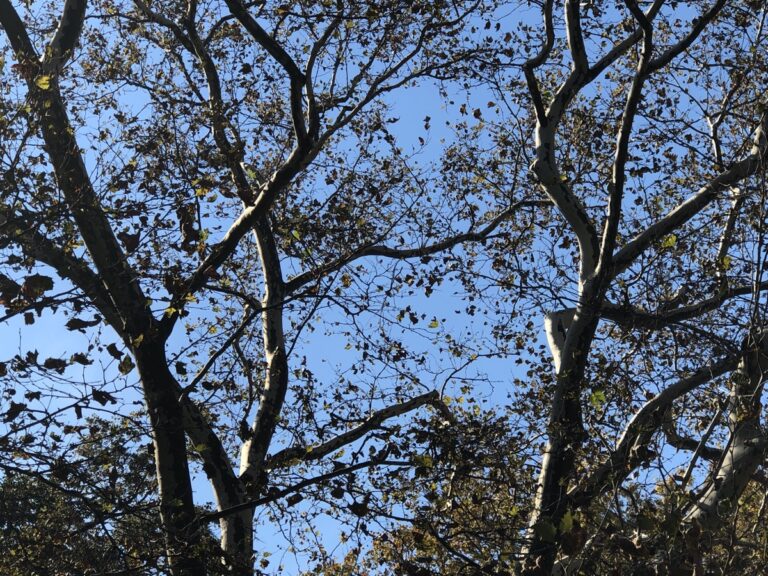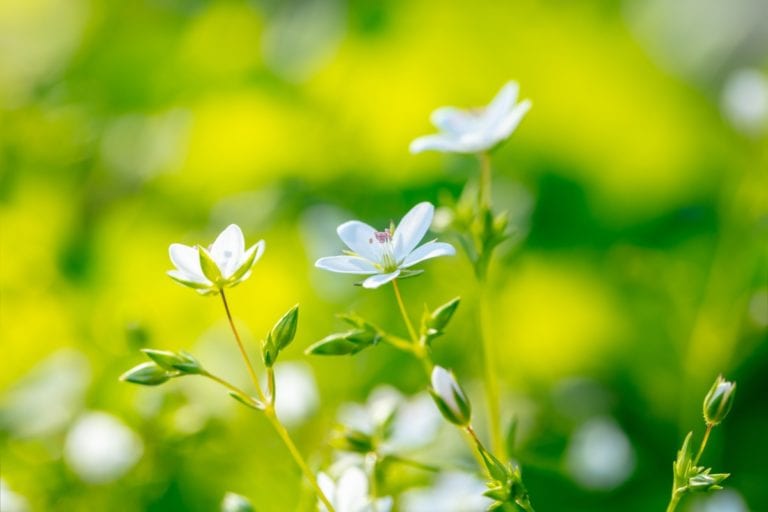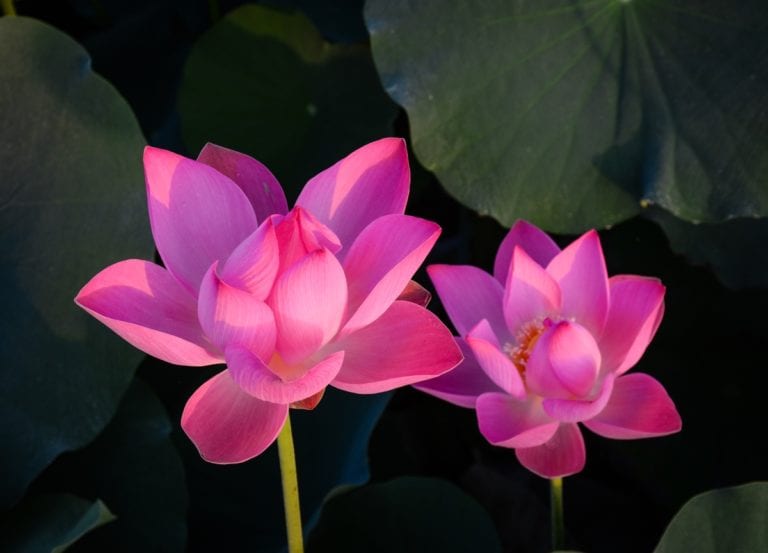Similar Posts

853rd Week: The Body as Community
As I thought about what to share as a practice this week, a recent webinar I offered for professionals came to mind. It focused on the wide variety of reciprocal relationships we have with everything we encounter in the course of our everyday lives. One of the subjects I didn’t spend a lot of time on in the webinar was to focus on the reciprocal relationships we have with our physical bodies.
Over the years, I have had a relationship of gratitude with my body—gratitude for the fact that it allows me to be here, gratitude for all the organs that make it possible for my body to function, gratitude that my body is healthy. For me, love—the frequency and energy of love—is the most powerful healing frequency we can access and I draw on it liberally in my life. One of the practices I’ve engaged over the years has been to send love to my body each day, as part of my gratitude practice.
I may have mentioned before that our bodies are actually comprised of many organisms that are non-human. Here’s a quote from the BBC News: “Human cells make up only 43% of the body’s total cell count. The rest are microscopic colonists.” The American Museum of Natural History says that, “Your body is an ecosystem” and that, “An ecosystem is a community of living things.” Because of these facts, I seek to have a cooperative, collaborative, and loving relationship with the organisms that populate my body and that support my daily functioning. I include these organisms in my gratitude practice and regularly send them love.
Read More “853rd Week: The Body as Community”
May 2020 Audio Meditation
For those who prefer images with the audio meditation, here’s the link to the YouTube version…

724thWeek: The Practice of Blessing
One of the great gifts of vacation time is to have an opportunity to do some reading. One of the books I had an opportunity to read over this year’s recent vacation is Pierre Pradervand’s book, “The Gentle Art of Blessing.” In his book, Pradervand speaks of offering blessings as a powerful practice of presence. In part, this practice brings us back into presence because of the way it invites us to shift from reactions and judgments into offering blessings in a spontaneous, moment-to-moment way.
As I read his book, my feeling was that what he offers powerfully supports a shift from moving through the world from a mental perspective, drawing primarily on the brain in the head, to moving through the world from the perspective the heart. Read More “724thWeek: The Practice of Blessing”

759th Week: The Choices We Make
Listening to the news these days can be an invitation to concern, suffering, compassion, action, and many other responses. I’ve been thinking lately about the power of the moment-to-moment choices we make as we move through our daily lives, whether our choices lead to action or non-action, and how that reflects the quality and nature of those choices. Here’s a quotation from Joanna Macy that speaks to what I’ve been thinking about:
“The obvious choice, then, is to extend our notions of self-interest. For example, it would not occur to me to plead with you, ‘Don’t saw off your leg. That would be an act of violence.’ It wouldn’t occur to me (or to you) because your leg is part of your body. Well, so are the trees in the Amazon rain basin. They are our external lungs. We are beginning to realize that the world is our body.” ~ Joanna Macy, Greening of the Self
I would add to this quotation that this also applies to every one of our brothers and sisters in our global human family, as well as to all our kin of every species within every form of life on this planet.
Read More “759th Week: The Choices We Make”
827th Week: Cultivating Empathy, Along with Kindness
I often write about the importance of kindness. An essential companion to that practice is cultivating empathy. A definition of empathy found on google says: “Emotion researchers generally define empathy as the ability to sense other people’s emotions, coupled with the ability to imagine what someone else might be thinking or feeling. … “ I would add to this definition, “…and the ability to imagine what any other living being might be thinking or feeling…”
Because I have focused on cultivating a deepened awareness of heart perception in recent years, on the quality of intelligence that naturally arises when orienting to the heart brain, I find that it hurts my heart when I notice the increasing lack of expressions of empathy in public and social spheres of my American culture. And, this lack of empathy is not only focused on a wide array of our human kin. It also applies to many, if not most, of our other earth-kin. What often saddens me is how a lack of empathy leads to a lack of kindness, as well.
For this week’s practice, I invite you to pay more attention to your relationship with empathy. One way to do this is to ask your heart brain, rather than your head brain, what someone else might be feeling or experiencing. I find that heart intelligence has a different take on, or brings different qualities to, most experiences. In this week’s practice, notice what happens if you take the time to ask your heart what it has to say about someone else’s experience.
Read More “827th Week: Cultivating Empathy, Along with Kindness”